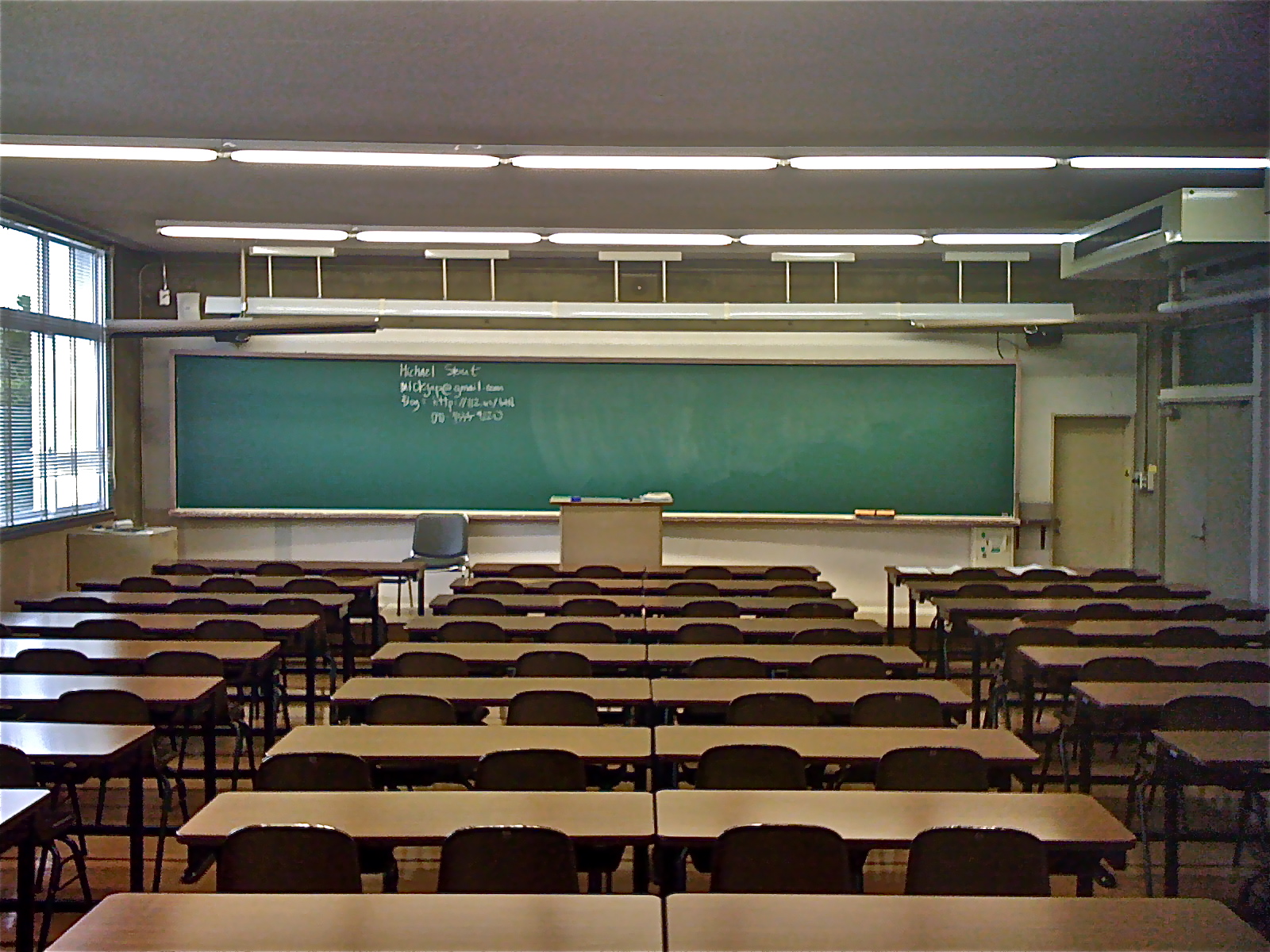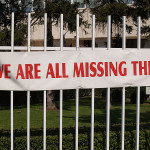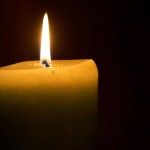At precisely seven o’clock Sunday night, the disembodied head of instructor Nicholas Charleston peers out from the screen at eight expectant students. Skype carries his voice from Oklahoma. Of those in attendance, six sit behind thick copies of A Dictionary of the Choctaw Language. Nearly all are Choctaw themselves. Dr. Angela Gleason, director of the Center for Language Study (CLS), sits on the left and to the front, supervising.
So begins the first of a pilot series of Choctaw language classes to be offered every Sunday and Tuesday at Yale’s Native American Cultural Center (NACC). The initiative is one of the faces of Yale’s new Native American Language Project, a four-year collaboration between the NACC, CLS, and the Institute for the Preservation of Cultural Heritage. As the designated instructor, Charleston is young but hardly new; he has been involved in teaching, curricular development, and efforts to preserve the Choctaw language for over six years, including a stint tutoring two Yale students through the CLS Directed Independent Language Study (DILS) program last year. In 2011, he was among the first students to complete a Choctaw Language and Culture minor at Southeastern Oklahoma State.
Tonight, he smiles enthusiastically as he learns our names. We begin.
The language of the Choctaw Nation comprehends multiple dialects and spans many states. It is the ancestral tongue of natives to the Southeast later deracinated and resettled in modern-day Oklahoma. It is written using Roman letters. Its cadence is fluid, its vowels and consonants either short or sustained, but never sharp. As far as pedagogy goes, Charleston promises to emphasize conversational proficiency at the outset of class. He spotlights his two former tutees, quizzing them playfully, then grins. “I like roasting my students,” he says.
Periodically, he pauses to offer up an anthropological annotation. “This is the Oklahoma dialect,” he explains. Or, “This is the contraction people use in Mississippi.” He becomes even more animated as he combines two of our new words into the name Tvshka Lusa, meaning “black warrior.” As a child, Charleston pictured this man as a muscular, dark-skinned superhero. As a historical figure, Tvshka Lusa died fighting in a bloody battle opposite Hernando de Soto in 1540.
Both the makeup of the class and the professional yet intimate style of instruction reveal that for those present, this opportunity is a matter of deep personal significance and not mere sanitized intellectual curiosity. After class, I catch up with Tanner Allread, TC ’16, one of the pair of students to study with Charleston last year. He is a member of the Choctaw Nation of Oklahoma and a few generations removed from any kind of fluency. “You can still be a part of your culture and connected to it if you don’t speak the language,” he concedes, “but if you can, it’s important.” Another Choctaw classmate, David Rico, BR ’16 goes as far as to identify a moral imperative. “If you’re an academic, and you’re native, and you have the means but don’t learn your language, then you’re not as radical and down as you should be,” he declares. I wouldn’t disagree.
For now, the eight of us have been entrusted with a lengthy vocabulary list. My tongue trips over the sounds. My mind races to find points of reference—a French nasal sound, a Persian sentence structure. What started as my first journalistic assignment has turned into—an adventure, let’s say. Not really a voyage of discovery. Join us! Why not? Classes run for one hour, 7-8pm on Sundays and Tuesdays at 26 High Street, first door on the right.
by Alejandra Padin-Dujon



